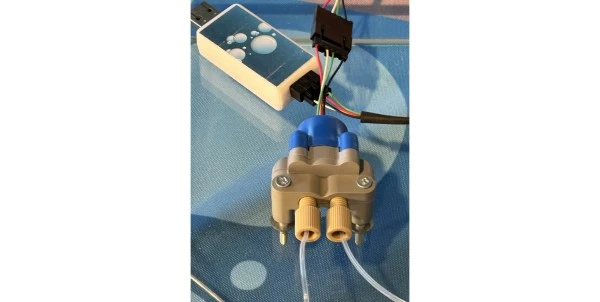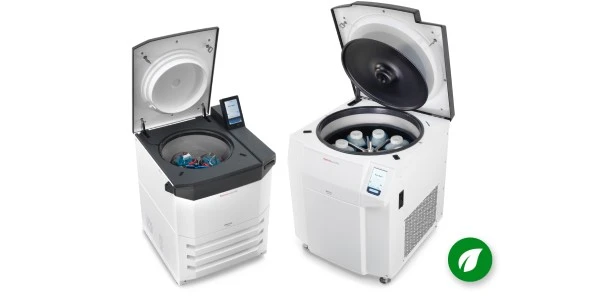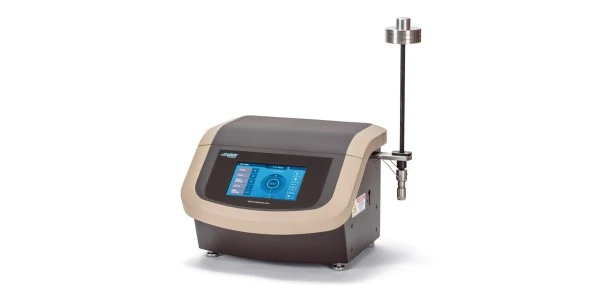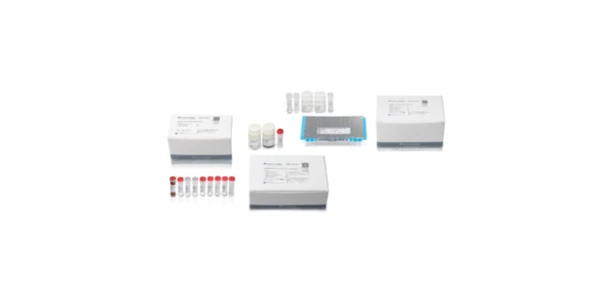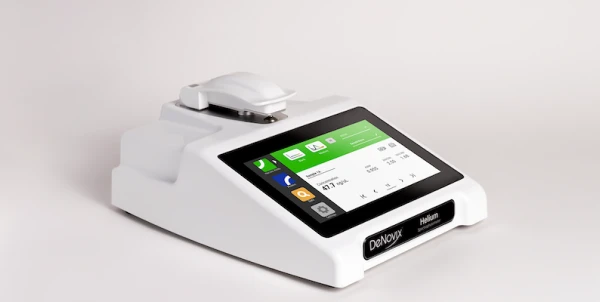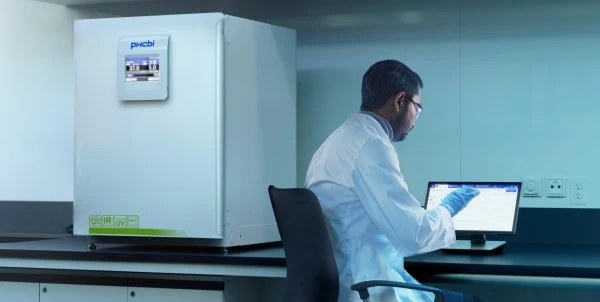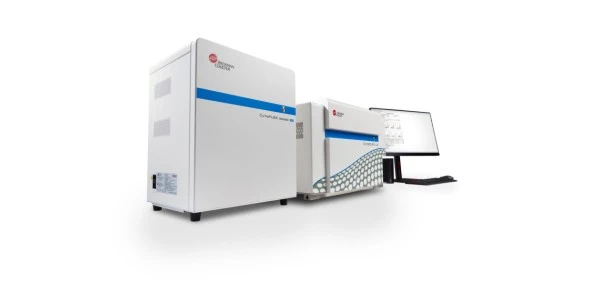The Best Laboratory Plasticware: A Buyer's Guide to Price and Features
Laboratory plasticware is a critical component of everyday lab operations, providing a convenient and reliable means for handling, storing, and analyzing samples. With a wide range of products available, from pipettes and centrifuge tubes to storage containers and Petri dishes, selecting the right plasticware can impact the efficiency and accuracy of your experiments. Ensuring chemical compatibility, sterility, and durability of the plasticware is essential to avoid contamination and achieve reliable results. This guide provides an overview of different types of laboratory plasticware, key features to consider, and a price guide to help you make an informed decision. Pipettes and pipette tips are essential for accurate and precise liquid handling in the lab. They come in various types, including single-channel, multi-channel, and electronic pipettes, each designed for specific applications. The quality and fit of pipette tips can significantly affect pipetting accuracy, so choosing tips compatible with your pipettes is crucial. Applications: Molecular biology, biochemistry, clinical diagnostics, and pharmaceutical research. Centrifuge tubes are used for sample preparation and separation processes. They are available in different sizes, such as microcentrifuge tubes (0.5 mL to 2 mL) and larger tubes (15 mL and 50 mL). Centrifuge tubes are designed to withstand high centrifugal forces and are often made from materials like polypropylene for chemical resistance and durability. Applications: Cell culture, nucleic acid extraction, protein purification, and clinical sample processing. Petri dishes are shallow, flat-lidded containers used for culturing microorganisms. They are typically made from polystyrene or other clear plastics, allowing for easy observation of cultures. Petri dishes are available in various sizes and may come sterile or non-sterile, depending on the application. Applications: Microbiology, cell culture, fungal studies, and environmental monitoring. Microplates (also known as microwell plates) are multi-well plates used for high-throughput screening, sample storage, and assays. They come in different formats, such as 96-well, 384-well, and 1536-well plates, each suited for specific applications. Microplates can be used for optical, fluorescence, and luminescence readings in automated systems. Applications: ELISA, PCR, cell-based assays, and drug screening. Storage containers and bottles are used for storing and transporting samples, reagents, and chemicals. They are available in a range of sizes, materials (such as polypropylene and polyethylene), and shapes. These containers are designed to be leak-proof and chemically resistant, ensuring the safe storage of volatile or reactive substances. Applications: Chemical storage, sample collection, reagent preparation, and buffer storage. Serological pipettes are long, graduated tubes used for transferring larger volumes of liquids. They are typically used with a pipette controller or pipette aid for accurate liquid handling. Serological pipettes are commonly made from polystyrene and are available in various sizes (1 mL to 50 mL). Applications: Cell culture, media preparation, and volumetric measurements. The choice of material (e.g., polypropylene, polystyrene, polyethylene) is crucial for ensuring chemical compatibility with the substances being handled. Select plasticware that is resistant to the chemicals and temperatures used in your experiments to prevent contamination and degradation. For applications involving sensitive samples, such as cell culture or molecular biology, sterile plasticware is essential. Look for products that are certified sterile and free from DNase, RNase, and endotoxins to ensure contamination-free experiments. Consider the mechanical strength and durability of the plasticware, especially for items like centrifuge tubes that undergo high centrifugal forces. High-quality plasticware should be resistant to cracking, warping, and deformation. For pipettes and microplates, accuracy and precision are critical for obtaining reliable results. Choose plasticware that offers tight tolerances and consistent performance to ensure accurate measurements and reproducible data. Ergonomic design is important for reducing hand strain and improving user comfort, especially for repetitive tasks. Look for plasticware with features such as easy-to-read graduations, comfortable grips, and user-friendly designs. Evaluate the cost-effectiveness of the plasticware, considering both the initial purchase price and the long-term usage. High-quality plasticware can reduce the need for frequent replacements and minimize experimental errors, offering better value over time. Selecting the best laboratory plasticware involves considering factors such as material compatibility, sterility, durability, and cost. By choosing high-quality plasticware that meets your specific needs, you can enhance the accuracy, efficiency, and reliability of your laboratory experiments. For more detailed specifications or to view models, visit LabX.com to browse products and gain additional insights to help in making the best choice for your lab's needs.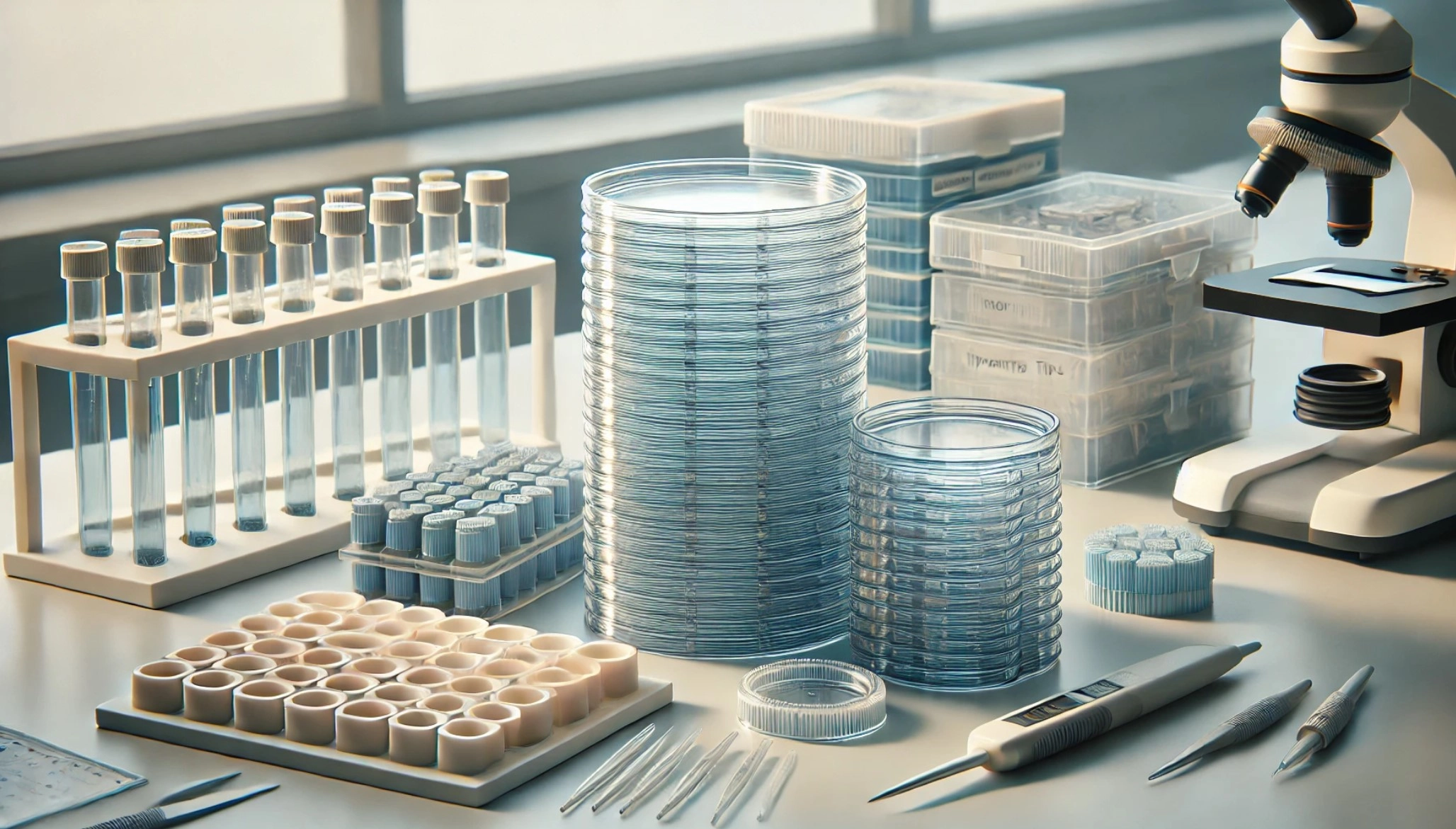
Chemical Compatibility, Sterility, and Durability are Key Considerations to Find the Best Laboratory Plasticware at the Best Price
Types of Laboratory Plasticware
1. Pipettes and Pipette Tips
2. Centrifuge Tubes
3. Petri Dishes
4. Microplates
5. Storage Containers and Bottles
6. Serological Pipettes
Key Features to Consider When Buying Laboratory Plasticware
1. Material and Chemical Compatibility
2. Sterility and Contamination Control
3. Durability and Strength
4. Accuracy and Precision
5. Ease of Use and Ergonomics
6. Cost and Availability
Laboratory Plasticware Price Guide
View all Laboratory Plasticware Listings on LabX.com
